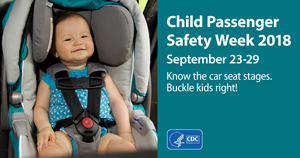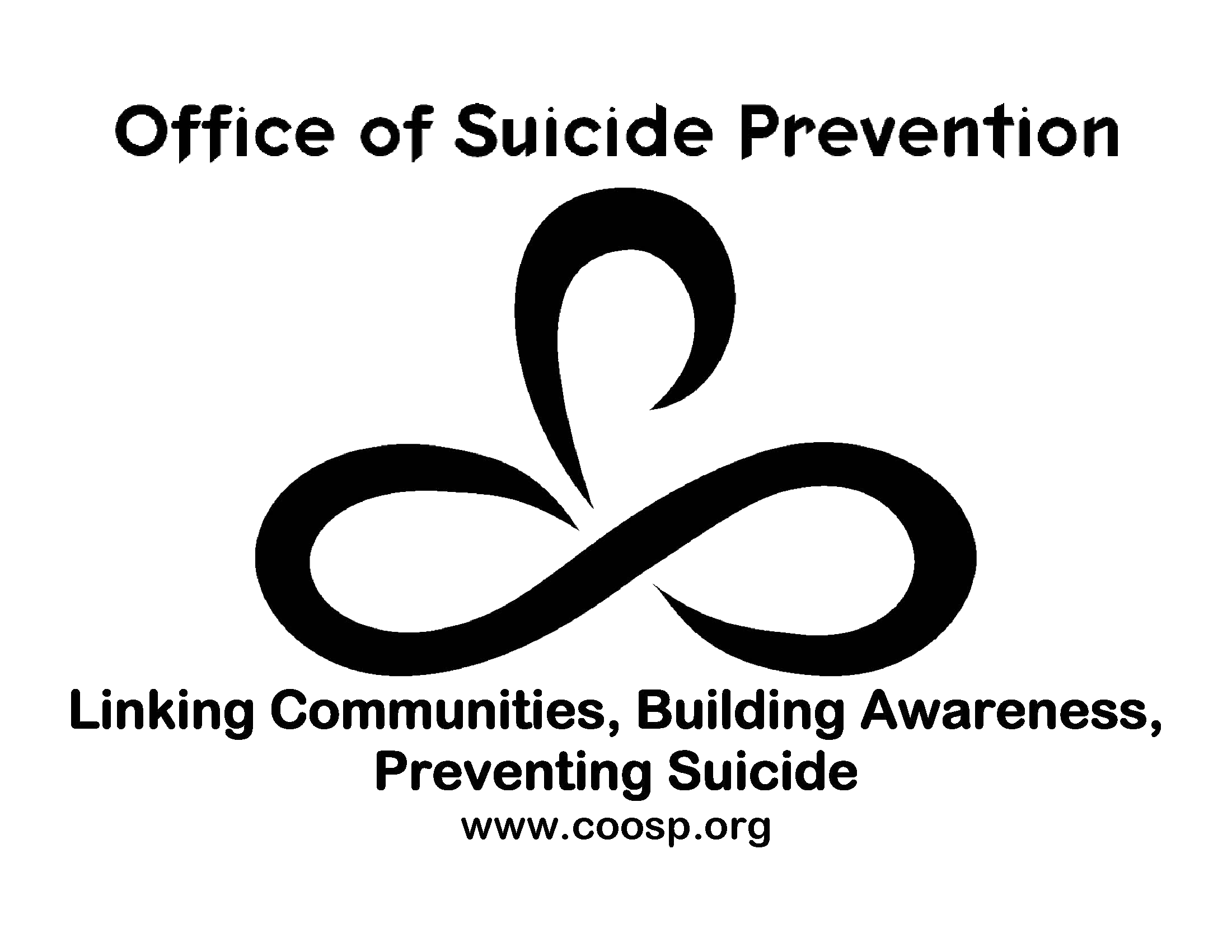Boulder County Public Health is hiring a Communities that Care Facilitator. Communities That Care (CTC) emphasizes a strengths-based approach to increase protective factors for children, youth, and young adults by promoting principles of healthy youth development, improving youth outcomes, reducing problem behaviors, and supporting communities and youth-serving agencies through coordination of a community-based CTC process. The ultimate goal is to select and implement evidence-based public health strategies, including policy, communications, and system change.
This position recruits and supports a community board and workgroups to understand the CTC process and complete "CTC Milestones & Benchmarks" (i.e. supports the work, but the responsibility rests with the board for completing the CTC process). The position guides community CTC efforts and the CTC project, which is supported by a grant from the State of Colorado. Funding is provided on an annual basis, although the current grant cycle is expected to continue through June 30, 2021. The CTC project focuses on the Lafayette community, and the position works closely with an East Boulder community organization and contracted health planner to implement CTC processes to support and guide the community in generating local responses and solutions to reduce substance abuse.
This position recruits and supports a community board and workgroups to understand the CTC process and complete "CTC Milestones & Benchmarks" (i.e. supports the work, but the responsibility rests with the board for completing the CTC process). The position guides community CTC efforts and the CTC project, which is supported by a grant from the State of Colorado. Funding is provided on an annual basis, although the current grant cycle is expected to continue through June 30, 2021. The CTC project focuses on the Lafayette community, and the position works closely with an East Boulder community organization and contracted health planner to implement CTC processes to support and guide the community in generating local responses and solutions to reduce substance abuse.
The position is backed by extensive training and technical assistance from the Center for CTC and BCPH. CTC is housed in BCPH's Community Substance Abuse Prevention (CSAP) Program, which is part of the Community Health Division.
This is a full-time, benefited term position with Boulder County, with an anticipated end date of June 30, 2021. The Communities that Care Facilitator will work Monday through Friday, from 8:30 am to 5:00 pm out of the Public Health office in Boulder, CO. Applicants must be available and willing to work evenings and weekends, as well as travel locally and occasionally out of state. Under FLSA guidelines, this position is exempt from overtime.
Hiring salary range: $3,881 to $4,736 per month
This is a full-time, benefited term position with Boulder County, with an anticipated end date of June 30, 2021. The Communities that Care Facilitator will work Monday through Friday, from 8:30 am to 5:00 pm out of the Public Health office in Boulder, CO. Applicants must be available and willing to work evenings and weekends, as well as travel locally and occasionally out of state. Under FLSA guidelines, this position is exempt from overtime.
Hiring salary range: $3,881 to $4,736 per month




















